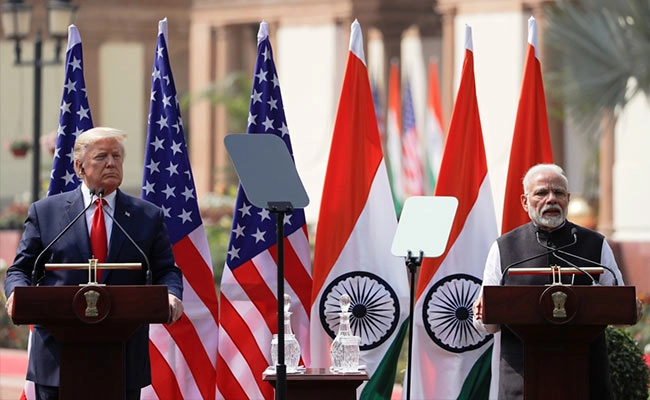Nobel laureates Abhijit Banerjee and Esther Duflo, renowned for their groundbreaking work in economics, have announced their decision to leave the United States due to a contentious funding dispute. The couple, both professors at the Massachusetts Institute of Technology (MIT), gained international acclaim for their innovative approaches to alleviating poverty, particularly through the use of randomized controlled trials. Their research has significantly influenced policy-making in developing countries, making their departure a notable event in the academic and philanthropic communities.
The funding row revolves around their research institute, the Abdul Latif Jameel Poverty Action Lab (J-PAL), which has been at the forefront of conducting rigorous research to address global poverty. As their work often relies on substantial financial resources, the disagreements over funding sources and allocations have raised concerns about the sustainability of their initiatives. The couple’s decision to leave the U.S. underscores the challenges faced by academic institutions in securing consistent support for impactful research efforts, especially in an era where economic uncertainties and political tensions can significantly impact funding landscapes.
Banerjee and Duflo’s work has not only garnered accolades but has also sparked discussions about the ethical implications of funding in research. As they prepare to relocate, they express a deep commitment to continuing their mission of addressing poverty and inequality, regardless of geographic location. Their departure may serve as a catalyst for dialogue about the importance of stable funding mechanisms that prioritize long-term research goals over short-term financial agreements. The academic community will undoubtedly feel the impact of their exit, as their innovative approaches have inspired a new generation of economists and researchers dedicated to social change.
As they embark on this new chapter, Banerjee and Duflo remain hopeful that their work will continue to influence policies that uplift marginalized communities worldwide. Their legacy as pioneers in the field of development economics is secure, but their future endeavors will be closely watched, as they seek new avenues for collaboration and research funding in an increasingly complex global landscape.




